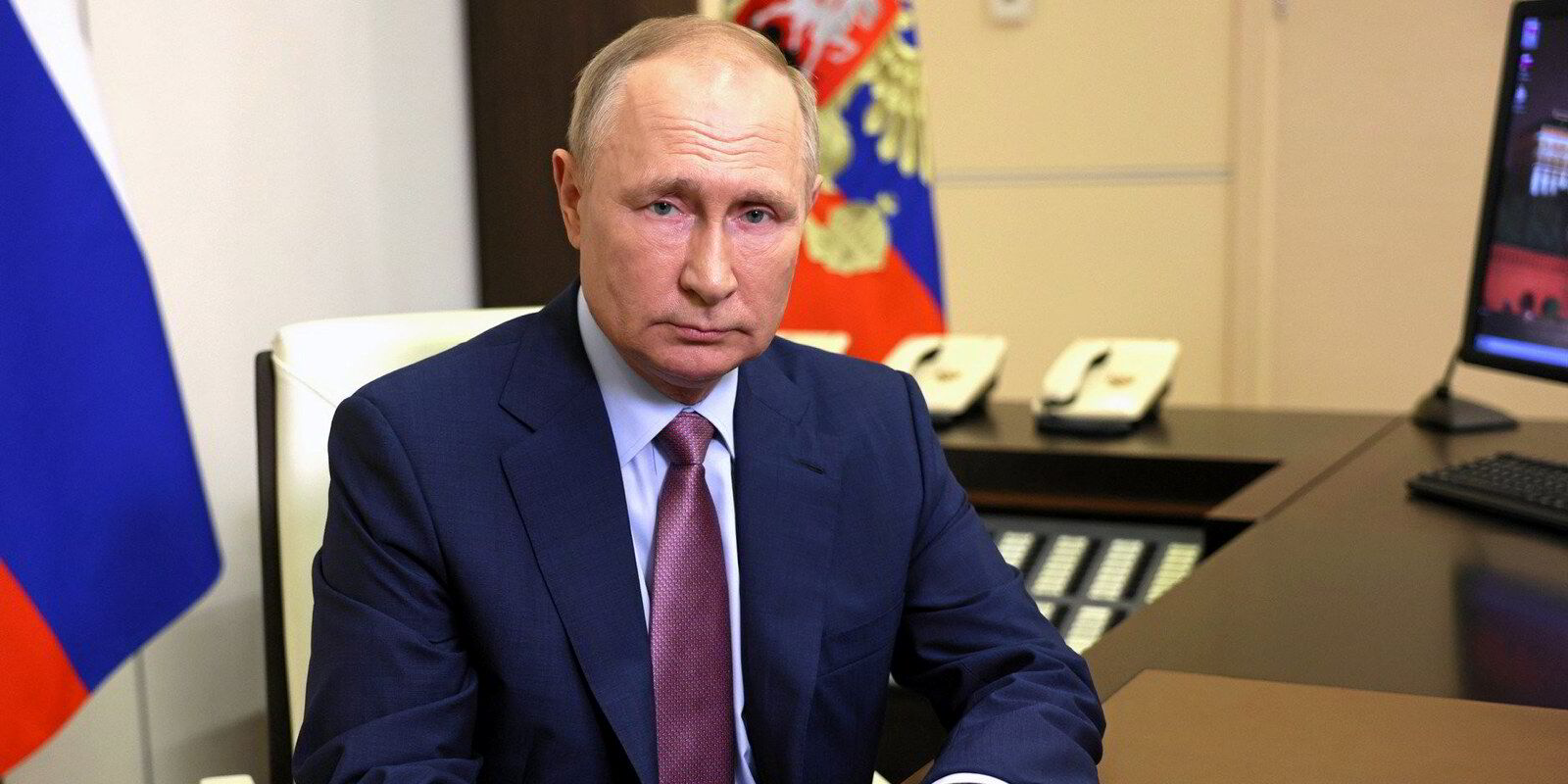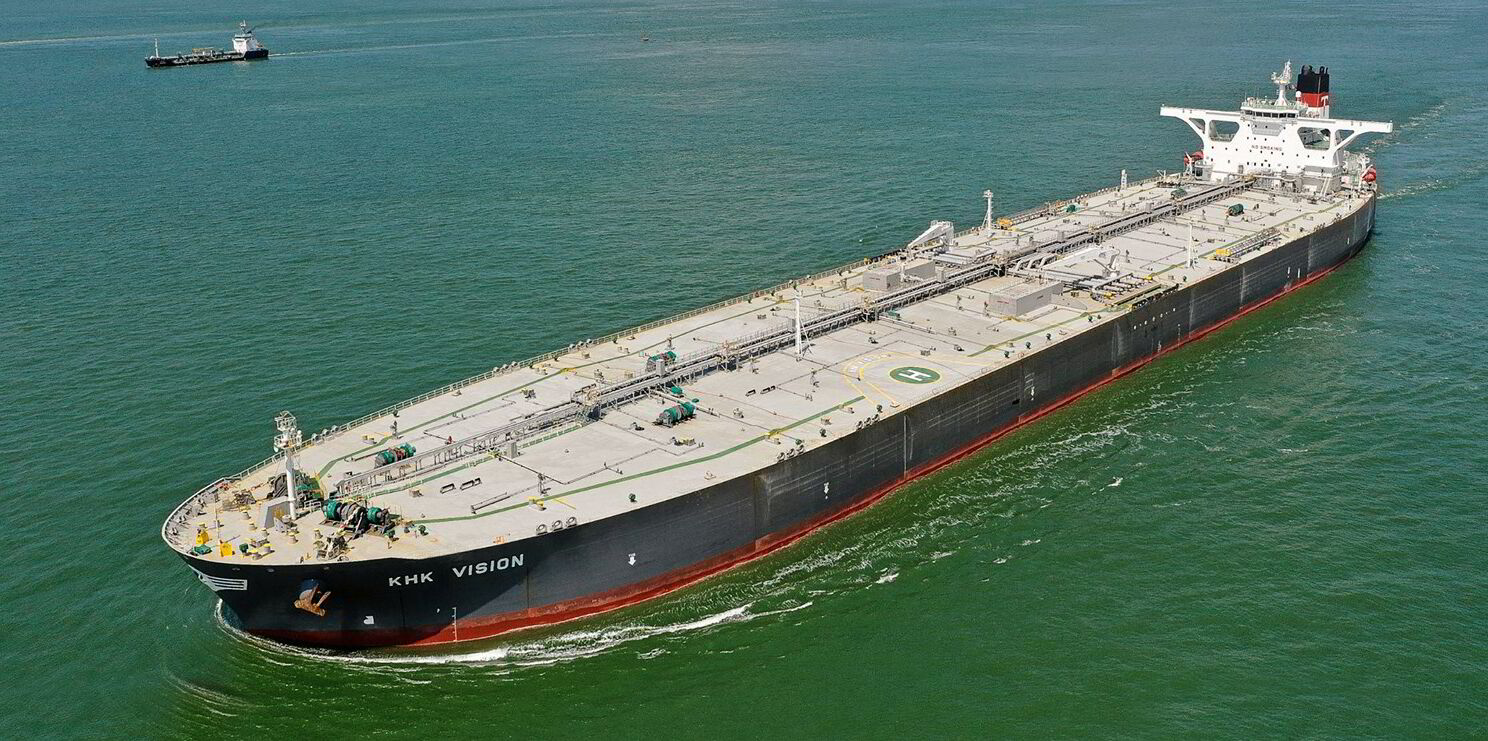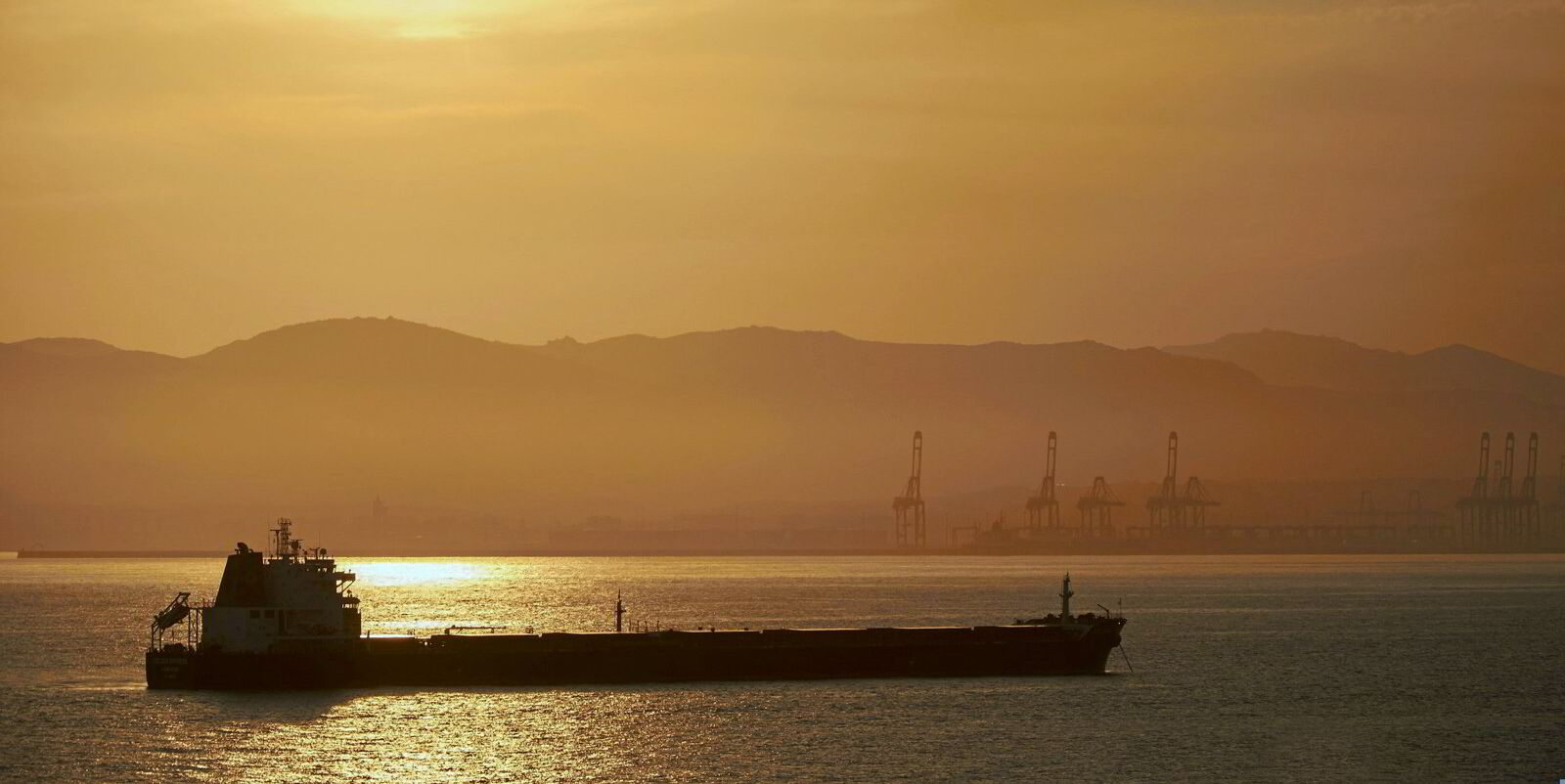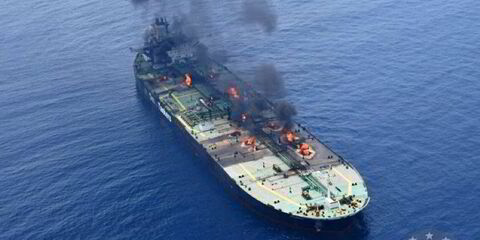Researchers at the Kyiv School of Economics (KSE Institute) are calling on G7 nations to create “shadow-free zones” by enforcing insurance checks on Russian dark fleet tankers.
The team led by Benjamin Hilgenstock, Anatoliy Kravtsev, Yuliia Pavytska and Anna Vlasyuk is urging the US, the European Union and other “coalition” nations to act now to avoid an environmental disaster involving ageing and inadequately insured ships.
“Considering the imminent and significant threat that Russia’s shadow fleet poses to the environment, we urge coalition countries to quickly take action and implement a scheme that ensures all tankers passing through European waters carry adequate oil spill insurance that will pay out in case of an incident,” the researchers said.
Setting up alternative oil spill insurance has turned out to be extremely challenging for Russia, KSE Institute added in its latest report.
It believes coverage is probably inadequate, as these alternative insurance companies are not sufficiently capitalised and, in some cases, are under Western sanctions.
In the first half of this year, 72% of Russian seaborne oil was shipped from ports in the Baltic and Black seas, 58% of which was moved on shadow tankers, the team said.
“Incidents already occurred and a major disaster is a question of time. There have been several instances of shadow tankers being involved in collisions or coming close to running aground in recent months, including two incidents in the Danish Straits,” the report added.
KSE Institute wants coastal states to require disclosure of oil spill insurance coverage.
“Coalition governments should demand documentation from all vessels passing through or near their waters to ensure transparency regarding insurance arrangements,” it said.
Disclosures should include audited financial statements of the insurer and a credit rating by a reputable international rating agency.
This information would allow coalition authorities to establish if a ship’s protection and indemnity insurance can be relied on to pay out, the team added.
“Such a disclosure requirement does not impose an undue burden; rather, it ensures a level playing field for all players in the shipping industry,” they said.
Class and flag states to play their part
KSE Institute suggests setting up a multi-tiered enforcement mechanism.
G7+ authorities should “exert pressure” on key flag state authorities to play their part.
This approach should extend to classification societies, the researchers added.
“While Russia will attempt to evade constraints by relying on even-weaker jurisdictions, this will increase the costs of shadow fleet operations,” they said.
The team also believes flag states, class societies, shipowners and managers, as well as charterers, should be held liable for damages if involved in shadow fleet operations.
KSE Institute is not calling for non-compliant ships to be prevented from carrying on with their voyage in all cases.
But it does want sanctions to be imposed automatically.
And countries should reserve the right to stop tankers in certain extraordinary circumstances in which they pose a clear and present danger to the environment or the safety of maritime traffic, it believes.






